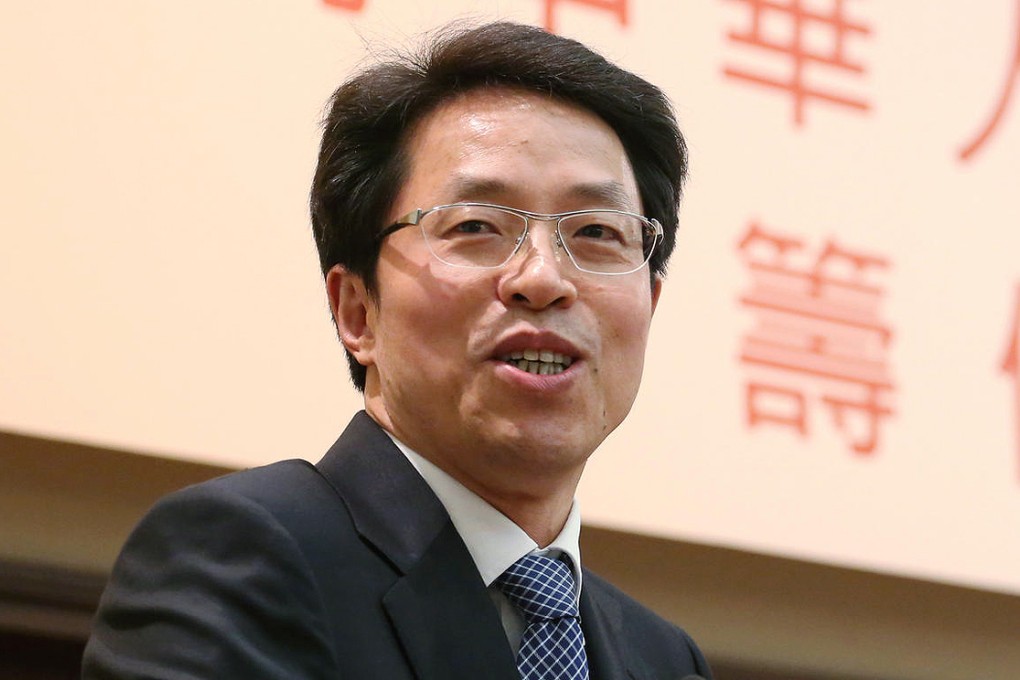Autonomy of Hong Kong is safe, says liaison office chief Zhang Xiaoming
Beijing to stick by one country, two systems 'regardless of outcome of political reforms'

Beijing's "one country, two systems" policy on Hong Kong will not change even if universal suffrage cannot be achieved in the 2017 chief executive election, the central government's top representative in the city says.
The assurance came from Zhang Xiaoming, director of the central government's liaison office, after a white paper issued in June was seen as going against the promise of a high degree of autonomy for Hong Kong laid down 30 years ago.
But he also stressed the need to consider changes in Hong Kong elections from the "perspective of national security", saying Beijing must not allow the city to become a base of subversion against central authorities.
Zhang made the remarks in a 50-minute speech yesterday - unusual for its length as well as its timing, coming just weeks before the National People's Congress Standing Committee is to announce how Hong Kong will elect its Legislative Council in 2016 and chief executive in 2017.
"Even if, eventually, the political reform package could not get through [Legco], the central government would still insist on the 'one country, two systems' principle", he said.
"In other words, no matter how big a storm might emerge in the process, the central government's determination and will to insist on 'one country, two systems' would not be shaken."
But Zhang invoked the words of late paramount leader Deng Xiaoping to qualify what the principle meant.
